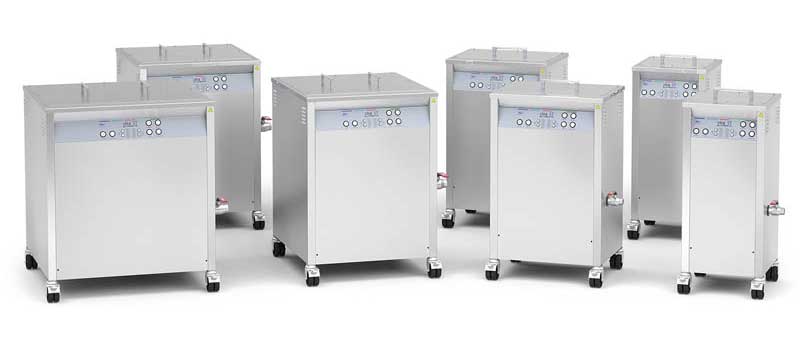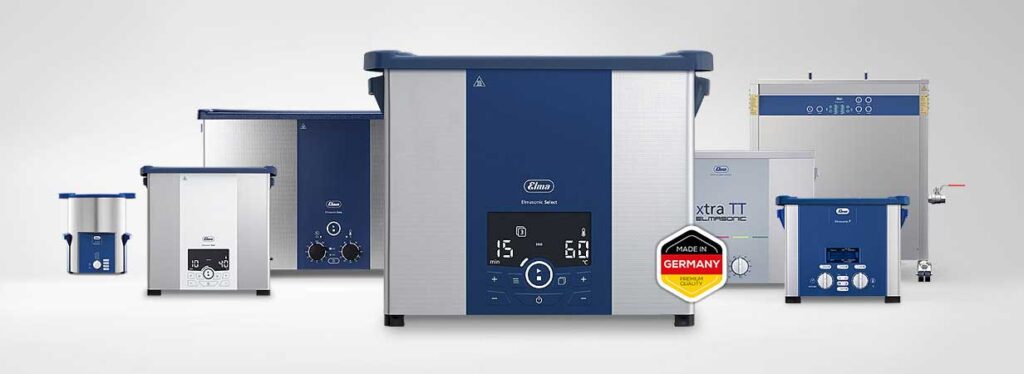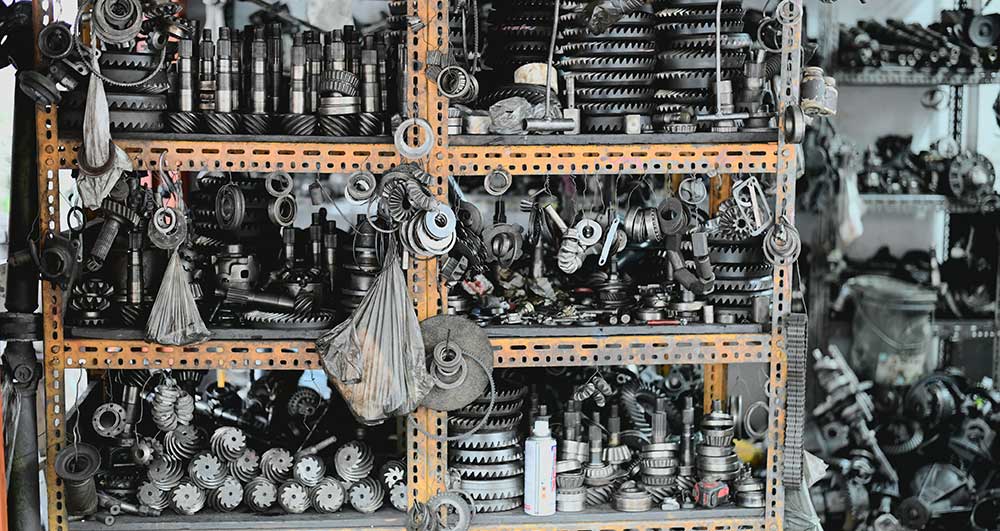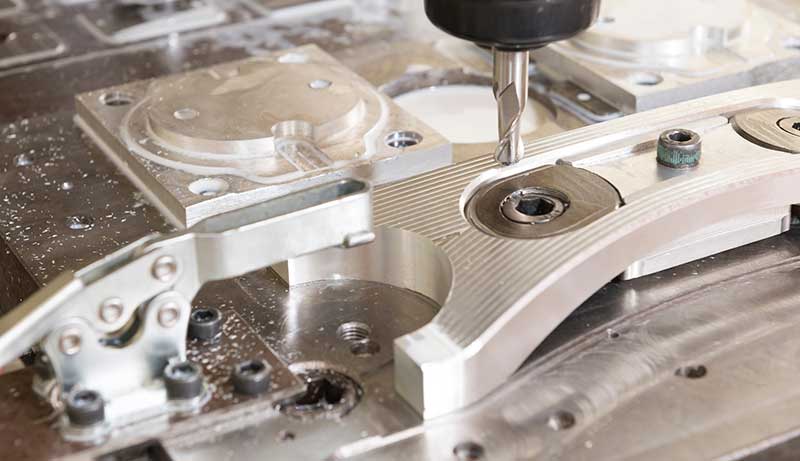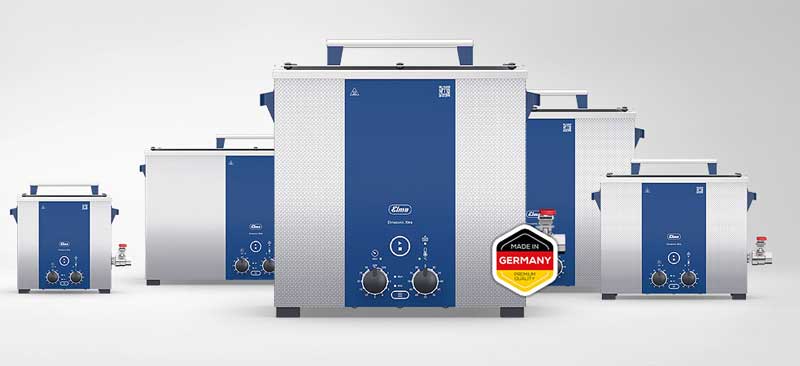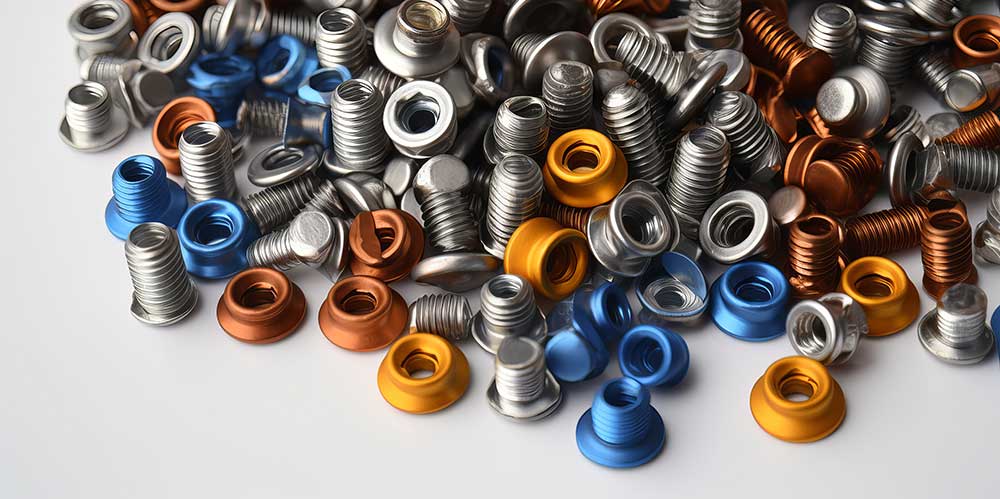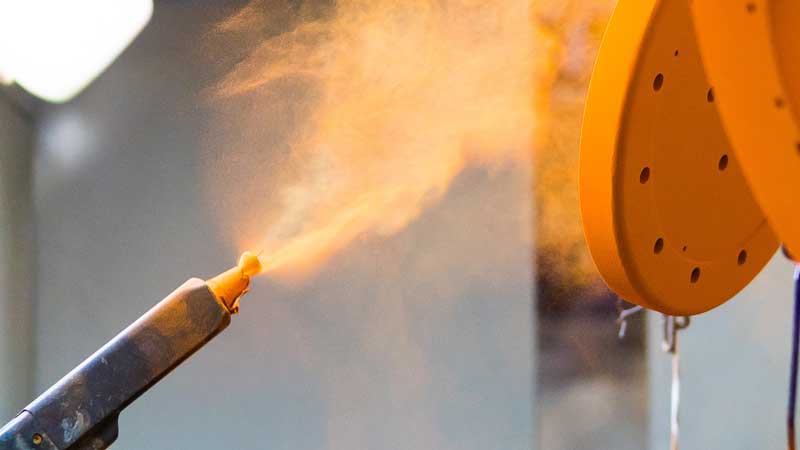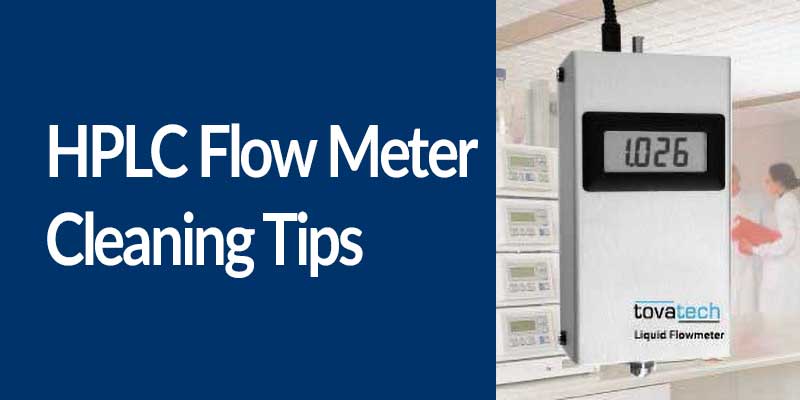Posts by Bob Sandor
Picking the Best Industrial Ultrasonic Cleaner
The best industrial ultrasonic cleaner is one capable of removing tenacious contaminants and operating over long periods of time, regardless of part size. For parts such as automotive engine transmissions, a large industrial ultrasonic cleaner will be necessary. When selecting any industrial ultrasonic cleaner for your requirements, the first criterion to consider is the tank…
Specifying an Ultrasonic Cleaner
Specifying an ultrasonic cleaner for a specific application requires careful consideration of several key factors to ensure effective and efficient cleaning. The process involves more than just selecting a machine; it necessitates a comprehensive understanding of the technology, the cleaning task at hand, and the proper operational procedures. Before proceeding further, first determine how you…
How to Select the Right Parts Washers for Your Needs
In modern manufacturing, repair, and maintenance, achieving impeccable cleanliness of components is not just about aesthetics; it’s fundamental to quality, performance, and longevity. Whether you’re working with precision medical instruments, heavy-duty automotive engine blocks, or delicate electronic components, selecting the appropriate parts washers can make all the difference. This comprehensive guide will walk you through…
How To Efficiently Clean Machined Parts
Whether you’re running a CNC shop, fabricating components for aerospace, or maintaining equipment on the production line, clean machined parts are essential for performance, durability, and downstream processes like coating or assembly. Contaminants such as cutting fluids, metal fines, and oxidation not only affect part quality — they can also lead to failed inspections and…
Choosing the Right Industrial Ultrasonic Cleaner Features and Options
Industrial ultrasonic cleaners can represent a sizeable investment. Here we define these units, what to look for when purchasing, and offer equipment options to help you make the right selection. Included are examples of industrial ultrasonic cleaner applications. Industrial Ultrasonic Cleaner Defined Industrial ultrasonic cleaners are heavy-duty cleaning systems designed for continuous operation and the…
Streamline Inventory Management with a Counting Scale
Efficient inventory management is crucial for businesses across various industries. When dealing with large quantities of small or lightweight items, accurate counting is essential for maintaining inventory control, ensuring accurate billing, and optimizing production processes. A counting scale can provide a reliable and efficient solution for streamlining these tasks, offering precision and speed for high-volume…
Cleaning Adhesive Gun and Spray Paint Nozzles with an Ultrasonic Cleaner
We sometimes get a question along the lines “Can I use an ultrasonic cleaner to clean sprayer tips?” There’s lots of advice on the Internet for cleaning adhesive gun and spray paint nozzles. Many involve time-consuming manual cleaning and/or the use of volatile solvents such as acetone. A better way is sonic cleaning adhesive gun…
Ultrasonic Gun Cleaning Tank for Firearms
Investments in firearms by individuals and organizations can be substantial, and a regular cleaning regimen helps protect that investment. A MilMag article titled “Weapons Cleaning for Dummies” notes that of four methods described ultrasound “is the most firearm friendly method…” then explains what is involved in the process. Here you will learn how to use…

